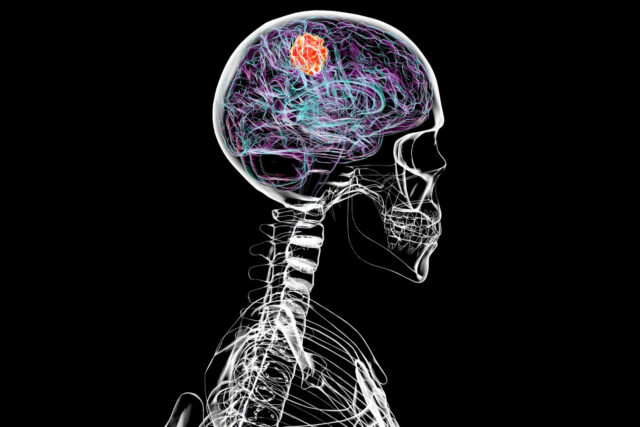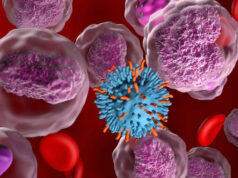
Cancer is a relentless and cunning disease, capable of manipulating the body’s natural systems to sustain itself and evade destruction. Recent discoveries have shed light on two major ways in which cancer—especially aggressive brain tumors like glioblastoma—exploits both the nervous and immune systems to thrive. These findings not only change our understanding of cancer biology but also pave the way for potential new treatments that could disrupt these deadly interactions.
How Cancer Manipulates the Nervous System
The nervous system is a highly complex network responsible for sending signals throughout the body. However, recent research has revealed that certain cancers, particularly glioblastoma, exploit neuron activity to accelerate their own growth.
The Connection Between Neurons and Cancer Growth
Scientists studying mouse models found that when neurons were artificially stimulated, tumor growth accelerated. This suggests that glioblastoma doesn’t just passively exist in the brain; instead, it actively interacts with neurons, potentially using their electrical signals and neurotransmitters to fuel its expansion.
This discovery has led researchers to investigate whether brain activity levels in human patients could influence tumor progression. Could certain stimuli, like stress or mental activity, impact tumor growth? If so, understanding and controlling these interactions could open up new ways to slow down the disease.
Can We Block This Interaction?
One promising avenue of research involves targeting the communication pathways between neurons and cancer cells. If scientists can develop therapies that disrupt this interaction, they might be able to starve the tumor of the signals it relies on, potentially slowing or even halting its growth.
How Cancer Hijacks the Immune System
The immune system is supposed to be our body’s first line of defense against diseases, including cancer. However, cancer cells have evolved strategies to evade immune attacks—and one of the most shocking discoveries is that cancer can steal energy from immune cells.
The Role of Mitochondria in Immune Cells
Mitochondria are often called the “powerhouses of the cell” because they generate the energy that cells need to function. In a healthy immune response, tumor-infiltrating lymphocytes (TILs) detect and attack cancerous cells. However, recent research has shown that cancerous tumors steal healthy mitochondria from TILs, essentially draining their power.
Once these immune cells are left with defective mitochondrial DNA (mtDNA), they become exhausted and ineffective, allowing the tumor to grow unchecked.
The Impact of Immune Exhaustion
When TILs lose their energy, they can no longer effectively fight cancer. This means that even if a person’s immune system recognizes the cancer, it may not have the strength to attack it. This exhaustion is one reason why tumors in aggressive cancers continue to grow despite the presence of immune cells nearby.
New Research: Fighting Back Against Cancer’s Tricks
Understanding how cancer manipulates both the nervous and immune systems opens up new possibilities for treatment. Scientists are now exploring ways to block mitochondrial theft and disrupt neuron-tumor communication to prevent cancer from taking advantage of these systems.
Potential Treatment Approaches
- Repurposed Medications: Some early-phase trials are testing drugs that could interfere with the process of mitochondrial transfer, helping TILs maintain their energy levels and effectiveness.
- Targeting Neuron-Tumor Communication: By disrupting the signals between neurons and cancer cells, researchers hope to cut off a crucial energy source for tumors.
- Immune System Boosters: Therapies designed to re-energize exhausted TILs could restore their ability to attack cancer cells.
These findings represent a major breakthrough in cancer research. While there is still much work to be done, scientists are now one step closer to understanding cancer’s hidden tactics—and more importantly, how to stop them.
Cancer may be an expert at hijacking the body’s natural systems, but with these new discoveries, the fight against it is gaining powerful new weapons.
Sources: ScientificAmerican, SingularityHub, MedicalXpress, IndiaToday.



